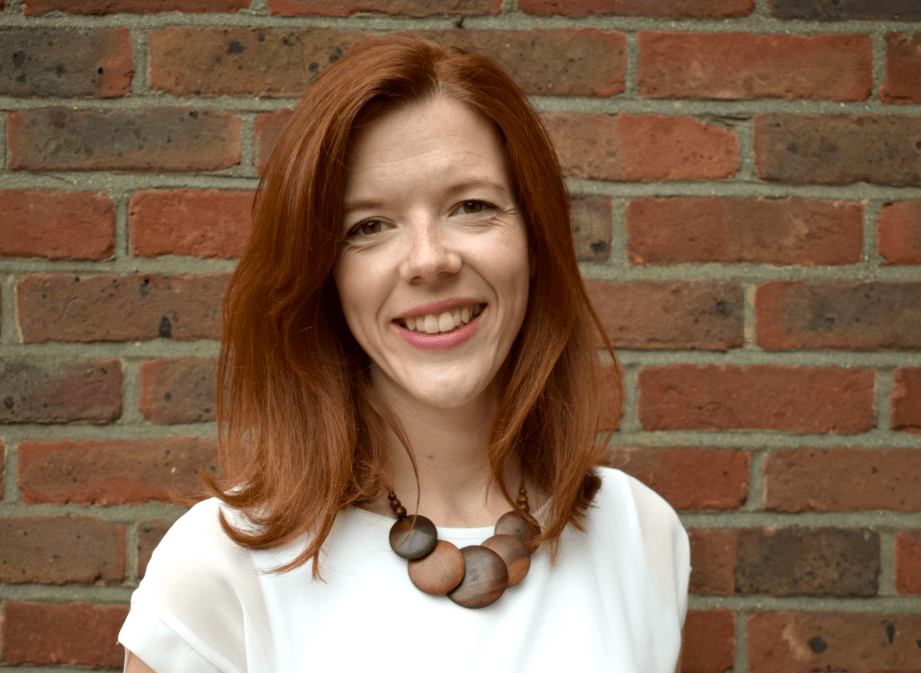
Helen Undy, Chief Executive, Money and Mental Health
To “build back better”, we need to tackle the inequalities exposed by the pandemic
18 December 2020
We’ve nearly reached the end of 2020 and it’s a year that most of us won’t be sad to see the back of. This tumultuous year has been tough for everyone, but the 2020 cliché that I’m most tired of is that ‘it’s been a great equaliser’ — that it’s somehow created this ‘shared experience’ which might bring us together.
There are elements of the pandemic that have been difficult for us all, , and the community spirit that has arisen is definitely welcome – but it’s an inescapable truth that covid has hit some people harder than others. In particular, it’s hit those who were already most likely to be facing all kinds of adversity in their lives. The pandemic has not been an equaliser, it has reinforced inequalities that were already pervasive, and it’s essential that the covid-recovery plan focuses on putting this right.
Counting the costs
During the first few months of the pandemic, average household savings increased and unsecured debt fell as many households decreased their non-essential spending. But these figures hide a much bleaker story for those on the lowest incomes. The ONS found that by July, 13% of people said they had to borrow money or use credit more than usual since the coronavirus pandemic. The Resolution Foundation found that over half of adults in families from the lowest income fifth borrowed more in March-June to cover everyday costs, like food and housing. And our own research found that nearly a third of people with mental health problems had to cut back on essentials like food or heating to make ends meet during the first three months of the pandemic.
The people who are most likely to have taken on more debt than usual since the start of the pandemic include people from minority ethnic groups, carers, disabled people (including those with mental health problems) and those who are shielding. In addition to being more likely to struggle to pay for essentials like food, heating or housing, these groups are also more likely to have experienced difficulties such as social isolation and loneliness. And people from minority ethnic groups in particular have a higher risk of severe illness and death due to covid.
The link between money and mental health problems has never been more apparent than this year. Lockdown is harder in overcrowded housing without a garden. Lockdown is harder if you can’t afford to put the heating on when you’re stuck at home all day. Lockdown is harder if debt letters are landing on your doorstep every day. This pandemic has not been the same for everyone, and the thing that most consistently makes the difference is having a secure, reliable income and some savings to fall back on.
Counting the costs
That’s the phrase we keep hearing, that as we rebuild from covid we need to build a better society. And it’s true, but we should be honest about what this means. Building a better society will probably take longer, be more expensive, and be less politically popular than a return to normal. The government intends to support 1m unemployed people back into work, but we should be honest that some people will need more support than others. It’s essential that schemes don’t just focus on ‘low hanging fruit’ in order to hit big targets quickly, but also include tailored employment support for people with mental health problems.
Our research has shown that annual median income for people with common mental health conditions is already estimated to be £8,400 less than that for the wider population, and that people with mental health problems are more likely to be unemployed, driven in part by inflexible recruitment practices and discrimination from employers. Getting people ‘back to work’ will require tailored support that is accessible for those with mental health problems and looks at skills and training. But it will also require improving workplaces so that they provide suitable jobs and opportunities for everyone to thrive and progress.
Income Commission
In early 2021 we’ll be publishing the final report of our Mental Health Income Commission. It will set out how we can ‘build back better’ in a way that tackles the mental health income gap. 2020 has shown that we are capable of some incredible things. We’re capable of developing a vaccine to save millions of lives in a fraction of the time it would usually take. We’re capable of designing schemes to protect the incomes of millions of people and keep businesses going that would otherwise close. Let’s turn this same energy, creativity and urgency to ending some of the pervasive inequalities that this pandemic has made so apparent, and 2021 could be a year we remember for much more positive reasons.
